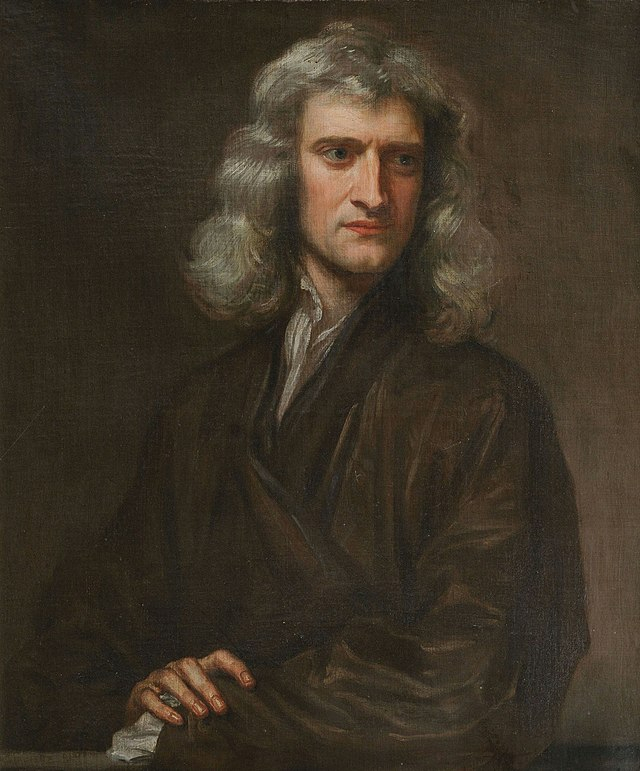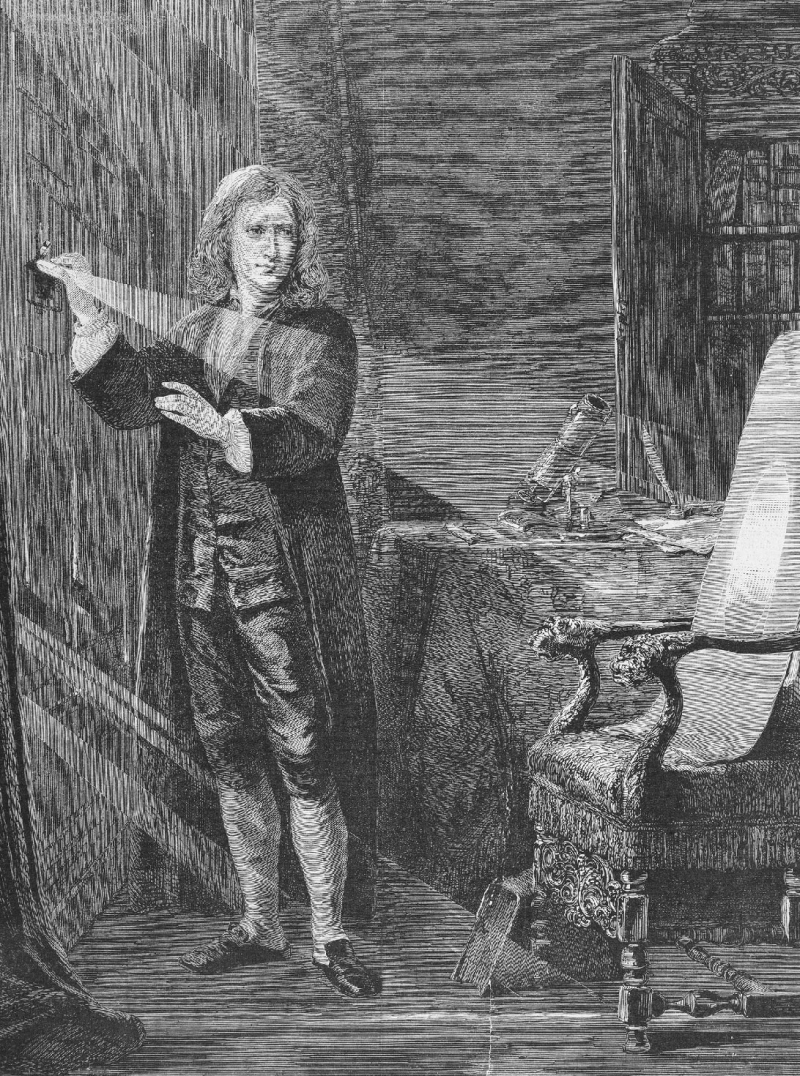Isaac Newton
In the humble farming family of a small-town Lincolnshire village, Sir Isaac Newton was born. The boy had a passion for science since he was little. At school, he started his first experiments. He continued his education after high school at Cambridge University, where he developed the binomial theorem while still a student. Newton spent his entire life conducting scientific experiments. His discoveries included the rule of light decomposition. He established that the sun's white light is composed of light rays from every color of the rainbow.
The Law of Universal Gravitation was unquestionably Newton's greatest discovery. His book Mathematical Principles of Natural Philosophy contains a description of it. Every particle of matter is attracted to every other particle of matter with a force that is inversely equal to the square of their separation, according to the fundamental tenet of the book. Newton demonstrated via the law of gravitation that the force of gravity is what propels the moon around the earth and the planets around the sun. The law of universal gravitation also provided an explanation for why the globe is flattened at its poles due to rotation.
The people of his country have tremendous regard for Newton. He was chosen to lead the Royal Society in 1703. Newton's scientific accomplishments were highly regarded by another famous scientist, Albert Einstein, who stated the following about him: "Nature to him was an open book, whose letters he could read without effort."














